* Member of Users Executive Committee
* Member of Users Executive Committee
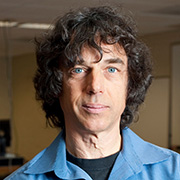
Clark University, Department of Physics
950 Main St. Worcester, MA 01610
Phone: 617-324-7762
Website: Visit Charles Agosta page
Email: Charles Agosta
Research Interests: His present research interests are lower dimensional superconductors in very high magnetic fields, dc microgrids, and heat transfer in gas boundary layers.
Term: 1/2025-12/2027
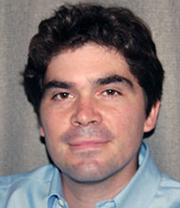
Massachusetts Institute of Technology
Department of Physics
77 Massachusetts Ave, Bldg. 13-2074
Cambridge, MA 02139
Phone: 617-324-7762
Email: Joseph Checkelsky
Research Interests: Topological states, correlated electrons, magnetism, and superconductivity. We use a combination of materials synthesis and transport/thermodynamic probes to examine systems of interest. DC and Pulsed high magnetic fields play a crucial role in determining properties of the Fermi surface and studying field induced transitions in our studies.
Term: 1/2019-12/2027
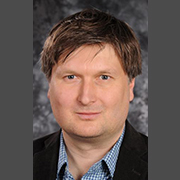
Idaho National Laboratory
P.O. Box 1625 MS 2209
Idaho Falls, ID 83415-2209
Phone: 208-526-4902
Email: Krzysztof Gofryk
Website: Visit Krzysztof Gofryk page
Research Interests: Krzysztof is a condensed matter physicist interested in strongly correlated electron systems, with focus on 4f- and 5f-electron materials. His areas of interests include (but are not limited to) transport and magnetism in correlated materials, quantum criticality, topology, spin-orbit coupled systems, and new phases of matter.
Term: 1/2025-12/2027
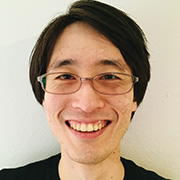
Los Alamos National Laboratory
Email: Michihiro Hirata
Research Interest: Nuclear magnetic resonance measurements of strongly correlated materials ranging from organic superconductors to Dirac semimetals.
Term: 1/2023-12/2025
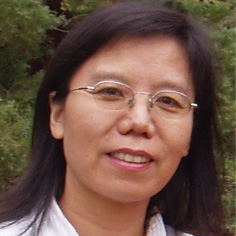
University of South Carolina
Physics and AstronomyCollege of Arts and Sciences
Sumwalt 125
Phone: 803-777-9987
Email: Rongyin Jin
Research Interests: Her effort is devoted to (1) the development of new quantum materials with intriguing properties (superconductivity, quantum magnetism, nontrivial topology, thermoelectrics, and multiferroics etc.), (2) the investigation of physical properties: charge, spin and heat transportation, magnetization, specific heat, microscopic (magnetic force microscopy, scanning tunneling microscopy, transmission electron microscopy), and spectroscopic (angle-resolved photoemission, and neutron scattering) measurements.
Term: 1/2024-12/2026
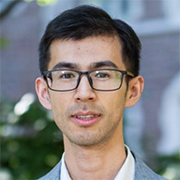
Washington University St. Louis
MSC 1105-110-02
1 Brookings Drive
St. Louis, MO 63130-4899
Email: Sheng Ran
Research Interests: Sheng Ran’s research aims to realize and understand exotic states of quantum materials, using combined techniques of bulk crystal synthesis, electric and thermal transport measurements under extreme temperature, pressure and magnetic field conditions, and neutron and high energy X-ray scattering.
Term: 1/2024-12/2026
For more information, contact User Program Chief of Staff Anke Toth.
Last modified on 23 January 2025